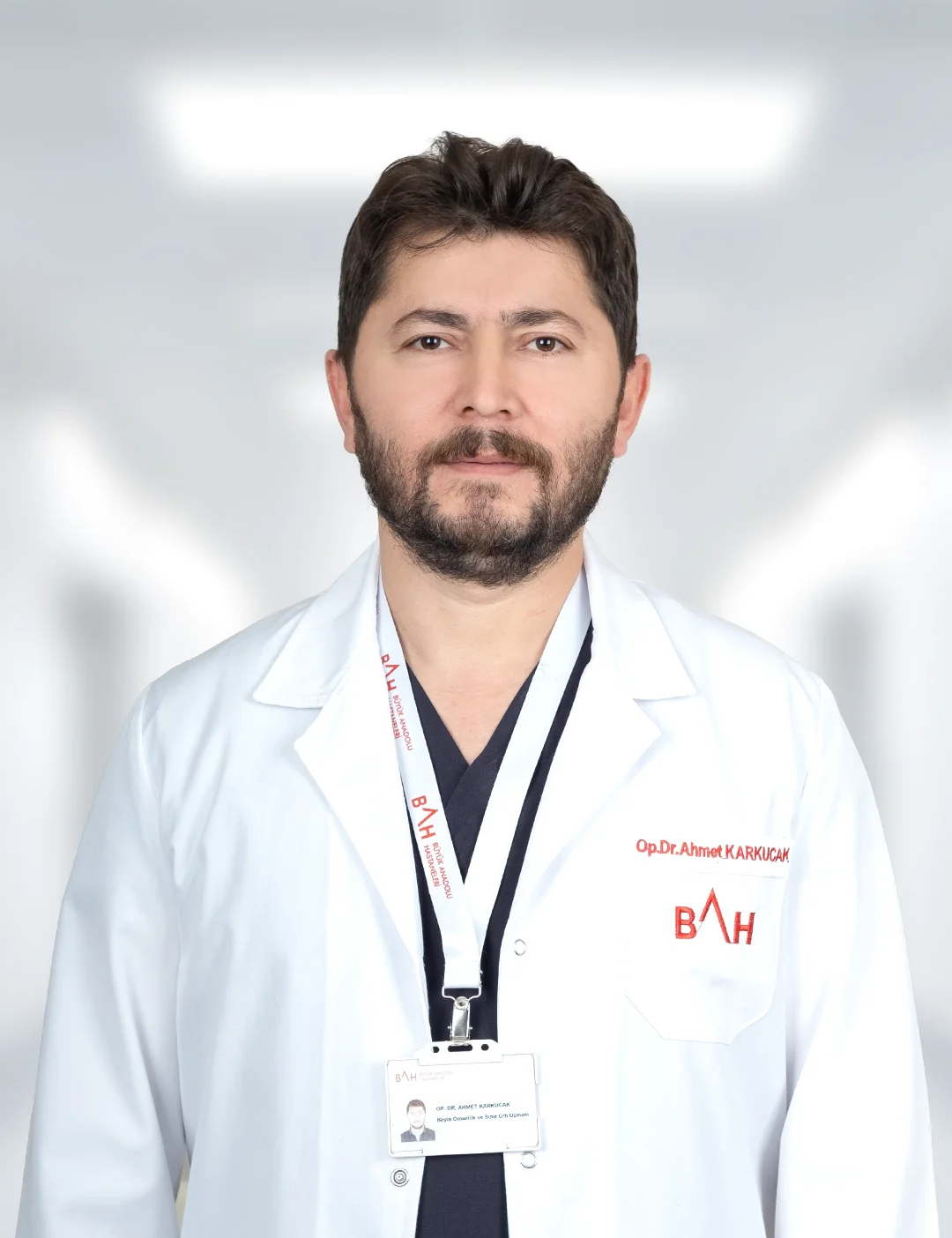Doctors for treatment of Facial neuritis
Doctors for the treatment of facial neuritis
Frequently Asked Questions
This is an inflammation of the fifth cranial nerve with severe facial pain and requires urgent treatment.
Inflammation occurs due to damage to the nerve tissue. This may be due to:
- Toxins: heavy metals, alcohol,
- Trauma: blow to the head, cut to the face, strong compression,
- Bacterial and viral infections.
Symptoms on the face from the affected nerve:
- Limited mobility,
- Wide open eye,
- Lowered corner of the mouth,
- Lack of nasolabial folds.
Common symptoms:
- Speech changes and becomes illegible,
- Face asymmetry,
- Feeling of dry mouth.
The type of neuritis depends on the location and nature of the inflammation. The facial (fifth cranial) nerve branches into three parts. There it provides sensory perception and muscle nutrition:
- Ophthalmic nerve: forehead, frontal sinus, bridge of the nose and eyes.
- Maxillary nerve: cheek, nostril, upper jaw, teeth.
- Mandibular nerve: lower jaw.
For diagnostics use:
- Electroneurography,
- MRI and CT,
- Lumbar puncture,
- Neurological examination.
In foreign clinics I use the following methods:
- Medication,
- Invasive (decompression, stitching, injection of drugs into the nerve zone),
- Radiosurgical.
Diagnostics of the neuritis of the facial nerve
If neuritis of the facial nerve is suspected, the following tests are performed:
- Neurological examination,
- MRI to exclude symptomatic causes: volumetric processes (tumors), demyelinating foci, vascular changes,
- CT scan of bone structures,
- Electroneurography: determine the degree of nerve damage,
- Blood test,
- Lumbar puncture (removal and examination of cerebrospinal fluid).
- ENT and / or dental examination.
Treatment of facial nerve neuritis
Clinics abroad use:
- Drug therapy,
- Microvascular decompression,
- Infiltration of glycerin,
- Radiosurgery.
Drug therapy
The drugs are used to:
- Reducing the frequency and severity (intensity) of symptoms,
- Eliminate the cause of the disease (antibiotics, antiviral and anti-inflammatory).
The effective dosage of the drug depends on many patient factors. Neurologists of foreign clinics will select the correct dosage and drug for successful treatment. The MedTour platform features neurologists with over 20 years of experience and specialization in neuritis. If you find it difficult to choose a doctor yourself – leave a request and get a free consultation.
Surgery
If drug therapy does not improve the condition, the doctor prescribes surgery.
Microvascular decompression
The purpose of this procedure is to relieve pressure on the nerve of the surrounding vessels. More than 90% of all patients postoperatively experience significant improvement, including the absence of pain (lasts more than ten years in 70%).
Use of ganglionic opioids
In this procedure, an opioid is injected with a needle into the area of the ganglion. The success rate is over 80%. The benefits of this treatment are the ability to repeat the procedure and the protection of the nerve.
Infiltration of glycerin
This method is suitable for these patients:
- drug therapy was ineffective,
- increased risk of complications with other surgery.
The nerve is pierced through the cheek under local anesthesia and infiltrated with glycerin. Painful nerve fibers are destroyed, and sensitive fibers are preserved. The success rate is 70–90%.
Other procedures include thermal or mechanical deactivation of the nerve. Success rates are similar to glycerin filtration.
Radiosurgical treatment
In this case, the area of the affected nerve branch is specially irradiated and then destroyed. The treatment takes place in one session. The success rate is over 75%. Unlike other methods, the period between the procedure and the appearance of the effect is from several weeks to two months.







